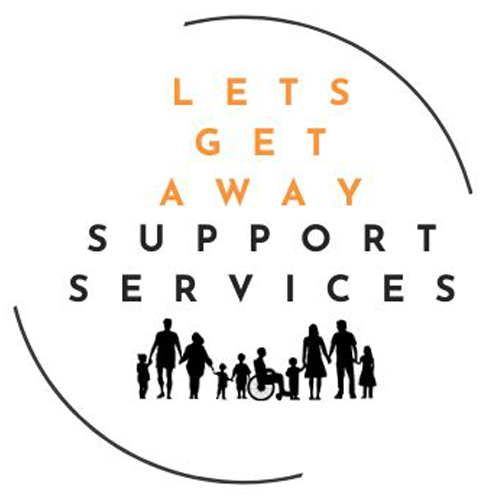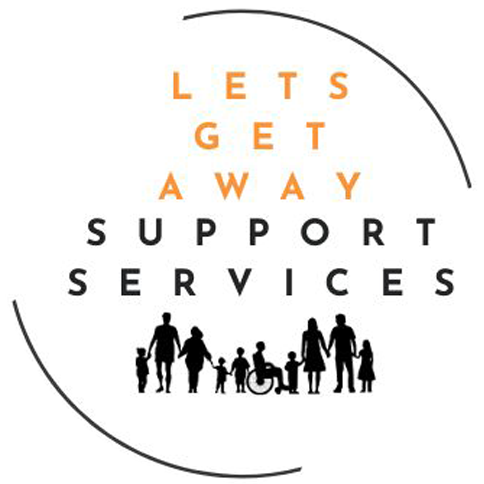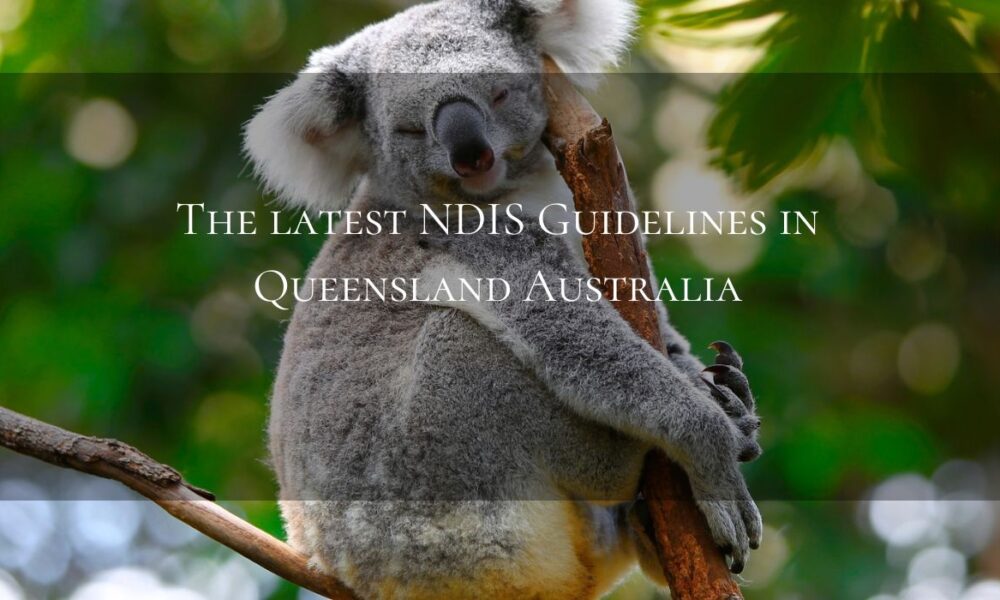The National Disability Insurance Scheme (NDIS) in Queensland has undergone several recent updates to enhance service delivery and ensure the well-being of participants. Below is a comprehensive overview of the latest guidelines and developments:
View Latest NDIS Government Updates
1. NDIS Operational Status in Queensland
As of September 30, 2024, the NDIS is fully operational in Queensland, supporting 146,354 participants, with 102,893 individuals receiving support for the first time. Additionally, 5,007 initial plans have been recently developed, reflecting the scheme’s ongoing commitment to assisting Queenslanders with disabilities.
2. Updated NDIS Guidelines
On October 3, 2024, the NDIS introduced new laws and rules, leading to the revision of several guidelines to align with these changes. The updated guidelines encompass various aspects, including:
- Applying to the NDIS
- Changing your plan
- Continence supports
- Creating your plan
- Diabetes management supports
- Dysphagia supports
- Home modifications
- Including specific types of supports in plans
- Individualised living options
- Justice system interactions
- Leaving the NDIS
- Medium-term accommodation
- Podiatry and foot care supports
- Principles for creating your plan
- Reasonable and necessary supports
- Reviewing decisions
- Social and recreation support
- Specialist disability accommodation
- Work and study supports
- Wound and pressure care supports
- Younger people in residential aged care
- Your plan management
These revisions aim to provide clearer guidance and improve the overall experience for participants.
3. Prohibited NDIS Expenses
To ensure the effective use of funds and maintain the scheme’s integrity, the NDIS has clarified a list of prohibited expenses, effective from October 3, 2024. Items and services no longer covered include:
- Cuddle therapy
- Vapes and cigarettes
- Dating services
- Concert tickets
- Unproven wellness treatments (e.g., crystal therapy, reiki)
- Day-to-day expenses such as groceries, schooling, and public transport
A 12-month transition period is in place to allow participants and providers to adjust to these changes.
4. Quality and Safeguard Requirements for Providers
The NDIS Quality and Safeguards Commission has outlined specific standards that providers must adhere to, ensuring high-quality and safe services for participants. These standards include:
- Core Module: Applicable to all providers, covering rights, governance, and operational management.
- Supplementary Modules: Relevant to providers delivering more complex supports, addressing specialized areas such as behavior support and early childhood supports.
- Verification Module: For providers delivering lower-risk supports and services.
Providers are required to demonstrate compliance with these standards through regular audits and assessments.
NDIS Quality and Safeguards Commission
5. Community Visitor Program
In Queensland, the Community Visitor Program, regulated by the Queensland Public Guardian Act 2014, continues to operate to protect the rights of individuals with disabilities. Community visitors conduct regular visits to disability accommodation funded or provided by the Queensland Government or the NDIS, ensuring that the rights and interests of residents are upheld.
6. NDIS Access Support
The Queensland Government is actively assisting eligible individuals in accessing the NDIS through the Assessment and Referral Team (ART). ART provides intensive support to Queenslanders aged 7-64 living in remote and very remote locations, facilitating their access to the NDIS and ensuring they receive the necessary supports.
7. Recent Legislative Amendments
In a significant move to enhance the NDIS’s efficiency and sustainability, the Australian Government, in collaboration with state and territory governments, has passed a bill introducing key reforms. These changes include:
- Requiring states to provide more services and introduce faster approval timelines.
- Establishing mechanisms to escalate disputes to premiers or chief ministers.
- Mandating that decisions affecting people with disabilities require majority support from first ministers.
These reforms aim to reduce the scheme’s costs by $14.4 billion over four years, ensuring its long-term sustainability.
These updates reflect the NDIS’s commitment to providing high-quality, safe, and effective supports to participants in Queensland. Staying informed about these changes is crucial for participants, providers, and stakeholders to navigate the system effectively and ensure compliance with the latest guidelines.
If you have any questions on how these latest updates affect you. Get in touch with Lets Get Away Support Services today.
Easy Read – NDIS Support and Budget Changes – Downloadable PDF


